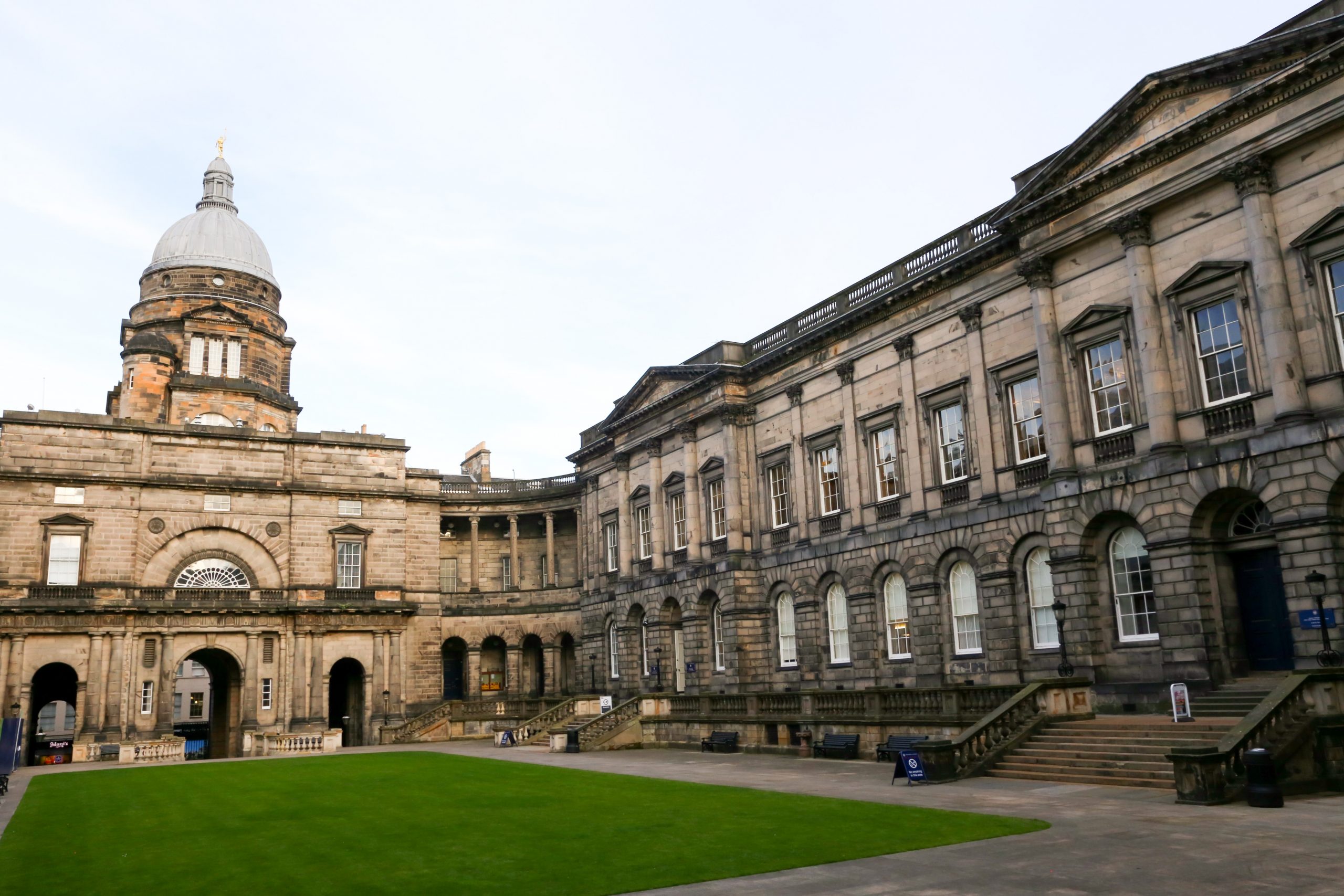While this, our Disability History Month edition, features a wide variety of content celebrating the disabled community of the University of Edinburgh, it is difficult to ignore the startling reality that ableism is still an issue which goes very much unnoticed.
During the 2015/16 academic year, there were over 37,000 students enrolled at the University of Edinburgh. Only 3,644 of them – or just 10.2 per cent – had a disability. Physically disabled students are even more notably underrepresented, with only 92 enrolled students coming forward with mobility impairments. While this figure is more than double what it was 10 years ago, it is still woefully inadequate in terms of representation considering that around 19 per cent of the British population live with a disability.
The case may also be that there are students at the university with disabilities who have decided not to let the university know about their conditions. While this is, of course, a personal choice, it shows that either disabled students feel as though letting the university know about their needs would be pointless or there is simply not enough awareness that support exists.
It is also highly likely that an apparent increase in disabled students numbers is due to more people coming forward with their conditions, rather than a conscious effort on the university’s part to be more inclusive.
At this point it is important to note that the operation of the Edinburgh University Students’ Association and the university itself are entirely separate.
With the variety of events put on for Disability History Month by the newly-appointed Disabled Students’ Officer, it is clear that the Students’ Association are committed to supporting disabled students.
However, the university cannot rely on its Students’ Association to promote inclusion of disabled students. While we can celebrate these small but significant steps towards full recognition of our university’s disabled students, it cannot be ignored that the institution is still failing its disabled students from the moment they apply to the day they graduate.
For example, the introduction of lecture recordings across ‘all’ university courses from September 2017 promised students who were unable to physically attend lectures due to conditions such as chronic illness or anxiety disorders a means of accessing vital course content remotely.
However, it appears that this is another important university policy – much like university staff mental health training – that bafflingly still remains optional. The History, Classics and Archeology (HCA) School, as well as Philosophy and Social Policy courses, refuse to do so under the excuse that schools “are not ready for such a big project” according to an email sent to HCA students last month.
With the university neither emphasising the importance of this service enough, nor providing schools with the resources and personnel to implement such changes, the disparity between what the university says and what the university actually does becomes disappointingly clear.
University buildings are similarly unsuited. There is still not stair-free access to all university rooms, and even those with ramps rarely have available assistance on-hand. Lifts are often out of order or loud, noisy and busy when they are most needed, making them challenging for those disabled students who suffer with social anxiety or autism.
Similarly, most halls are unsuited for students with mobility impairments, with unreliable lifts, narrow doorways and high cupboards excluding disabled freshers or exchange students from a vital social part of university life.
A look through the university’s Student Disability Support website shows that their policies focus almost solely on exam and technological support. Of course these are important, and are effective for some disabled students, but their narrow focus shows that the university’s priorities lie in academics rather than the in the wider social wellbeing of their students.
If the university truly wants to be called an accessible institution, it needs to seriously consider the barriers that are put in front of disabled students with its close-minded and light-handed approach to inclusivity.
What is needed is a radical commitment to improving diversity in all its forms, especially for disabled students, through substantial policy changes in all areas, backed by the resources that can actually implement them.
Ultimately, while Disability History Month and its events has worked towards raising awareness of disability within the Edinburgh student community, the university needs to do much more to tackle the huge amount of obstacles which stand in the way of its current and prospective disabled students if it is ever to be considered a non-discriminatory, inclusive institution.

